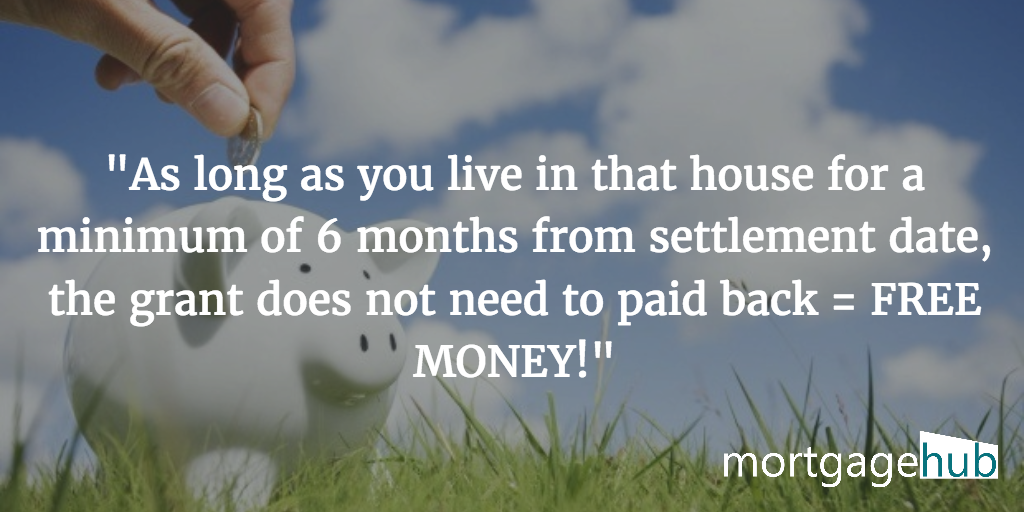The home buying process is full of language that could be confusing to understand. Here are some common terms and definitions used by people you will come across in your home buying journey.
Appreciation: An increase in the value of an asset, your house in this case. For example, popularity of the area your house is in or inflation of the housing market can cause your property to appreciate.
Asking price: The price a property is advertised in the market for – The price the property sells for could be different.
Auction: A public sale in which a property is sold to the highest bidder. Once the auction is above the reserve (a minimum price) amount, the seller must accept the higest bid.
Appraisal: The value of a property determined by a professional. Your lender will ask you to get an appraisal of a property you are interested in purchasing. This is usually done by a qualified appraiser.
BEO (Buyer Enquiry Over): An acronym used to indicate that the seller is looking for offers over the BEO price. E.g. BEO $500,000 means that an enquiry over $500,000 is more likely to be taken seriously. You can still submit an offer below this,
but it may not progress very far.
Body Corporate: A legal entity made up owners in a block of flats, townhouses or apartments, who look after the maintenance of shared spaces.
Capital gain: The difference between the amount you bought a property for and the amount you sold it for.
Certificate of title: A document containing the description of the property, proof of ownership and who has mortgage over it.
Conditional approval: An offer from a lender stating that they could be willing to lend you the money subject to meeting certain criteria.
Conditional offer: An offer that contains conditions. These conditions allow you to arrange finance, get a builder’s report and sell another property you may own.
Cross lease: A property in which a number of parties have ownership. Cross leases are usually found in flats, townhouses or properties that share a right of way.
Equity: The value of your property minus the amount you still owe.
Fixed interest rate: Interest rate stays constant for the set period of time.
Freehold: Describes a form of ownership of property where you own the house and the land it sits on. The ownership is not shared.
Leasehold: You own the building but not the land that it sits own. The owner of the land may change you rent to occupy the land. Assuming your lease payments are up-to-date you will still have exclusive access to the building for the duration of the lease.
LIM report: Land Information Memorandum (LIM) report is a summary of information that the council holds on a property.
Loan to Value ratio (LVR): The amount you wish to borrow as a percentage of the market value of the property you wish to purchase.
Low Equity Fee: A one off fee charged by banks at the start of a loan for customers who have less than 20% deposit.
Mortgagee: The bank or lender that has given you the money to buy a property.
Principal: The total amount you borrow.
Private Sale: The current owner of the property is selling the house without the use of a real estate agent. This can save costs, as the owner will not need to pay commissions to the agent after the house is sold, but also requires the owner to take care of the additional paperwork.
Rateable Value (RV): The value of a property set by the local council for the purpose of calculating rates. It is usually made up of land value, capital value and value of improvements.
Settlement day: The day the ownership of a property is legally transferred over from the seller to the buyer.
Tender: A method of purchasing a property by making private and confidential offers before a set deadline. Tenders must be made in writing – usually on a tender document from the seller’s real estate agent. Tender offers can be made conditional (based on finance, or selling your existing home, etc), but unconditional offers
tend to be more attractive to the seller. It is recommended to consult a lawyer before submitting a Tender.
Unconditional offer: An offer to buy a property without any conditions. A conditional offer can also become an unconditional offer once the conditions have been met.
If you want to calculate how much your repayments will be, use our repayment calculator.












